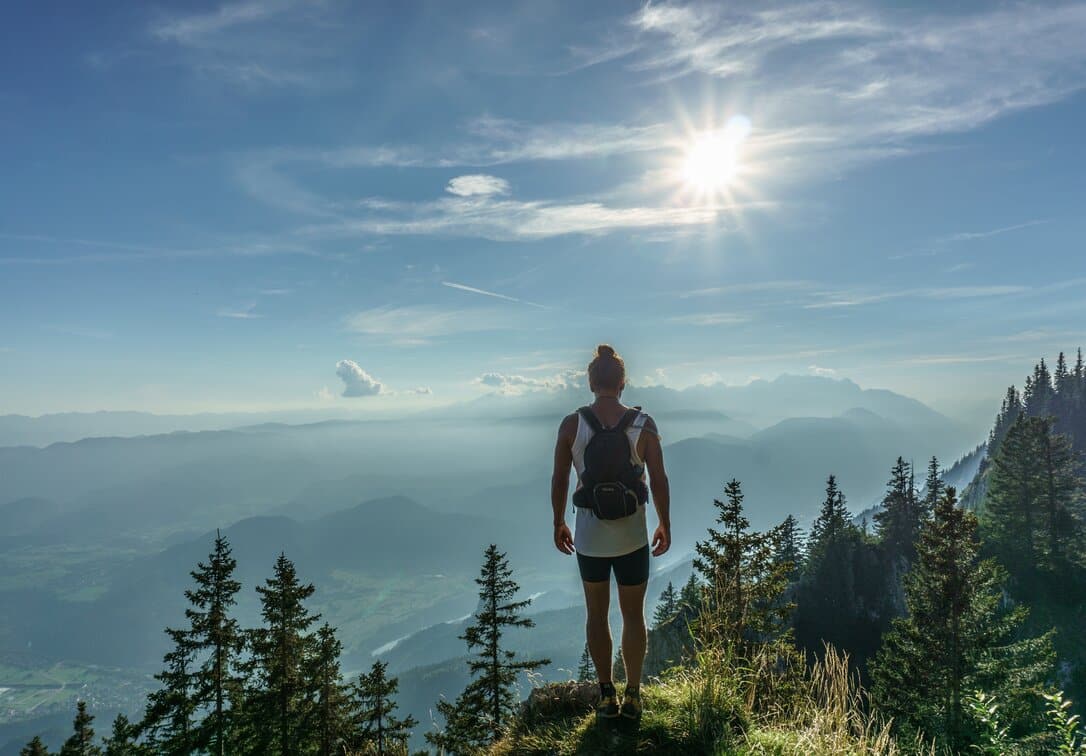Getting Ready for Trekking: General Check-Ups, Tips & More

Trekking and hiking are great ways to explore nature. They are physically demanding experiences, but the awe-inspiring views are just as rewarding.
However, one cannot just wake up one day and decide to hike or trek. You need the right gear and to be physically fit for it. In other words, you must be ready to embrace the challenge.
If you’re planning to go on a trek or hike soon, this post is for you. Today, we’ll discuss everything you need to do before starting your adventure, including:
- General check-ups
- Keeping up with your vaccination schedule
- How to be ready for unexpected issues
- Packing tips
Ready? Let’s dive in!
Stay Up-to-Date on Your Vaccines
Every destination has different requirements in terms of medical care. As many diseases might be uncommon in your home country but common elsewhere, it is advisable for you to check what vaccines and medicines are required in the country you want to travel to. Additionally, you should also get informed about which diseases are a concern there. To do so, you can check the CDC’s destination directory.
Moreover, it’s also important that you stay up-to-date on your routine vaccinations as well. They will protect you from infectious diseases that can spread rapidly among unvaccinated people (e.g., measles).
Get a General Check-Up and Know Your Health Status
One month before starting your trip, make sure to book an appointment with your healthcare provider. They can assist you in getting destination-specific vaccines, medicines, and health information (e.g., preventive measures against a common disease).
Besides, you can also discuss your planned activities and itinerary with them. That way, you’ll know if you’re physically fit or if you need to take some extra care. To get the best advice for your needs, remember to share the following information with your health professional:
- The destinations on your itinerary
- Special health conditions (e.g., allergies, pregnancy, or chronic health problems)
- The type of accommodations you’ll be staying (hostels, rentals, hotels, camps)
- Length of your trip and timing
- What activities you planned for
Moreover, a general medical check can also identify health conditions you weren’t aware of that may affect your ability to climb, such as:
- Respiratory problems (e.g., asthma)
- Heart conditions
- High blood pressure
Prescription Medication
Some medicines have adverse effects at altitude. If you regularly take prescription medication, make sure to check with your doctor whether you should take the same drug during your trip.
If your doctor prescribes any medicines during your general check-up, make sure to get them in your homeland. Counterfeit drugs are common in some countries, therefore, take everything from home and bring as much as you’ll need for the duration of your trip. In fact, pack extra medicine in case of travel delays.
Be Ready for the Unexpected
When traveling, an unexpected issue may arise once in a lifetime. Therefore, it’s always better to plan ahead and avoid potential inconveniences that could ruin your trip. Some of them are:
- Getting travel insurance
- Registering at STEP
- Packing essentials
Let’s take a closer look
Get Travel Insurance
Before getting off, make sure that your healthcare insurance has coverage overseas. Most of them don’t, not even in an emergency. Consequently, travelers are forced to pay for medical expenses out of pocket. Luckily, there are multiple options for you to get additional travel insurance. If you’re traveling to remote areas, consider getting one that covers health care and emergency evacuation.
Travel insurances can offer you different kinds of coverage, such as:
- Travel delay coverage
- Trip interruption coverage
- “Cancel for any reason”
- “Interruption for any reason”
To learn more about it, you can check our previous post on travel insurance.
Register at STEP
If you’re an American citizen or resident, you can enroll in the smart traveler enrollment program. By enrolling, you can keep an eye out for any travel advisories for the destination you are visiting. Plus, the US Department of State will know where you are in case you face serious legal, medical, or financial difficulties during your travel. Lastly, in case of an emergency at home, STEP can assist friends and family in contacting you.
Pack Smart
Before starting your trek, be sure to pack a travel health kit that contains everything you may need. In particular, items you may struggle to find at your destination. You can use the following list as a guide:
- Insect repellent
- Sunscreen (SPF 30 or higher)
- Aloe
- Antiseptic cream
- Alcohol-based hand sanitizer
- Water disinfection tablets
- Throat lozenges or hard candies
- Health insurance card
- Over-the-counter and prescription medicines (e.g., Analgesics, antibiotics, anti-diarrhoeal, etc.)
Key Takeaways
Hiking and trekking offer an exciting and adventurous way to travel. Nonetheless, making sure you are taking care of yourself and those around you is crucial to enjoying the experience to the fullest.
Want to get tested before your next adventure? Find COVID testing locations near you with our international directory.



